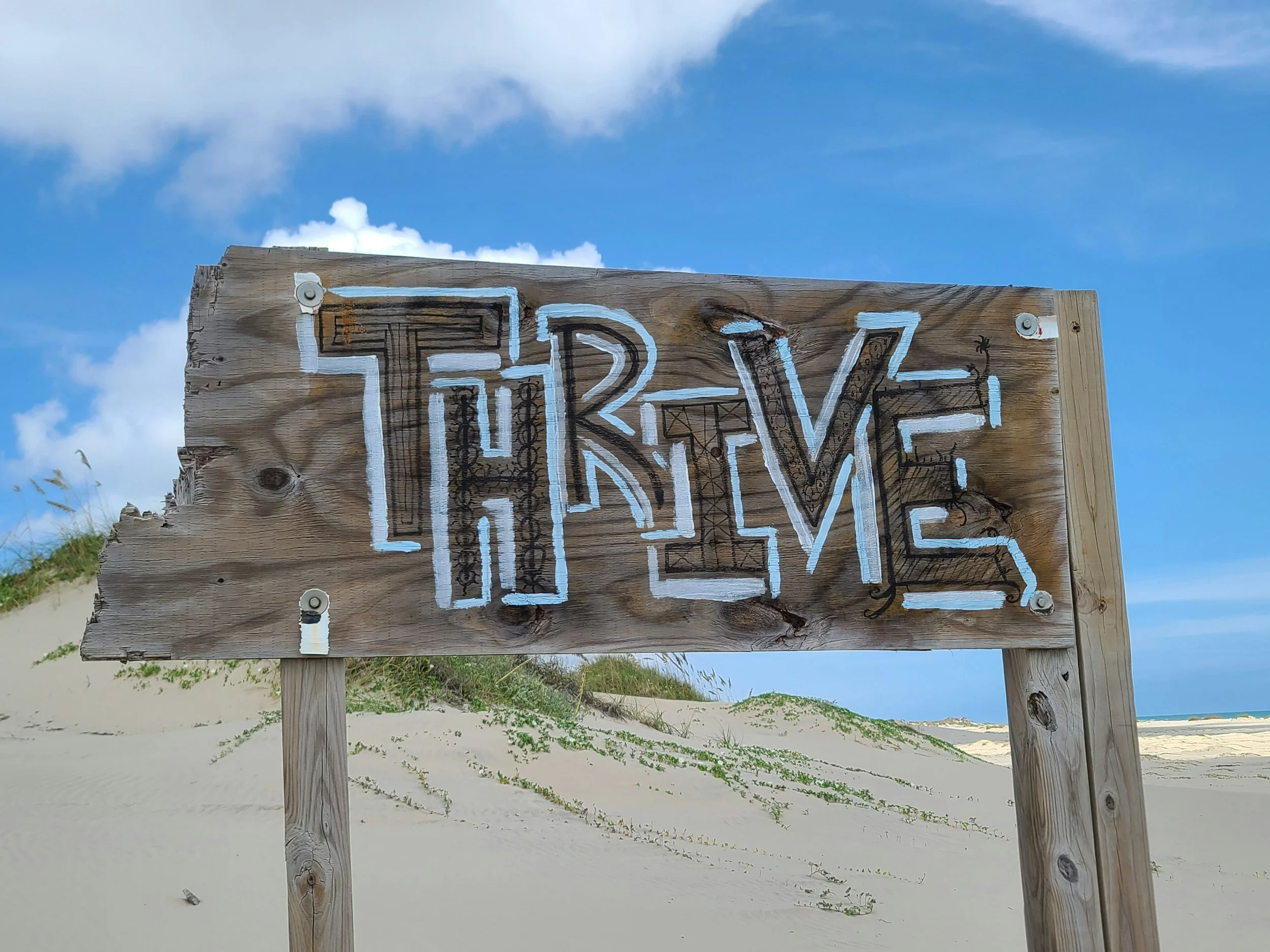Mentorship via Friendship: How My Friends Inspire Me
Published 9 January 2025
“It’s not one specific mentor or leader that pops up, apart from the ones I mentioned from my grad school experience and professors, of course. But, I would say my friends. I have had the pleasure of meeting some amazing people who challenge me to be better and be my best. A lot of them speak other languages. Cal you’re one of them, always pursuing different projects, and just––I feel like I have had the just great luck of meeting some really cool, inspirational people who want the best for me and then continue to support and encourage me to chase my dreams.”
In education, we often think of mentorship as a formalized process––an experienced teacher guiding a novice through structured meetings and professional development plans. But mentorship doesn’t always come from a designated mentor; sometimes, it comes from the people we surround ourselves with every day. Friends, colleagues, and professional connections can play just as vital a role in helping us grow, improve, and stay committed to our teaching careers.
Teachers are natural collaborators. We lean on each other for lesson ideas, classroom management strategies, and emotional support during challenging times. Some of the best mentors are our peers who inspire, challenge, and encourage us to be the best educators we can be.
The Role of Peer Mentorship in Professional Growth
Unlike traditional mentorship programs, peer mentorship thrives on mutual support and shared experiences. It allows teachers to learn from one another in a less formal, more dynamic way. Whether it's discussing an innovative teaching method over lunch, seeking advice on a challenging student situation, or simply offering encouragement after a difficult day, peer mentorship fosters a culture of continuous learning and camaraderie.
One of the most valuable aspects of peer mentorship is the diverse perspectives it brings. A teacher who is fluent in multiple languages may inspire a colleague to integrate more language-inclusive strategies in their classroom. Another teacher, passionate about technology, might introduce their peers to digital tools that transform lesson delivery. The knowledge-sharing that occurs in these relationships helps educators expand their skill sets, stay engaged in their profession, and ultimately provide better experiences for their students.
Why Peer Mentorship Matters More Than Ever
With growing demands on educators, from increased workloads to emotional exhaustion, having a strong support system is essential. Teachers who feel connected to a network of supportive colleagues are more likely to stay in the profession and find fulfillment in their work. Peer mentorship provides that necessary lifeline, reminding teachers that they are not alone in their struggles and successes.
Five Practical Ways to Strengthen Peer Mentorship
Nurture a Culture of Collaboration: Establish regular opportunities for teachers to share ideas and strategies, such as weekly lunch discussions or online forums where educators can post questions and resources.
Form Peer Support Groups: Encourage small groups of teachers with similar interests or challenges to meet regularly and discuss best practices, problem-solve, and offer encouragement.
Be Open to Learning and Teaching: Recognize that mentorship is a two-way street. Be willing to share your expertise while also remaining open to learning from your peers, regardless of their experience level.
Seek Out Inspiring Colleagues: Identify colleagues who challenge you to grow and inspire you to improve. Engage with them, ask questions, and embrace opportunities to collaborate on projects or professional development initiatives.
Celebrate Successes Together: Take time to recognize and appreciate each other’s achievements. Whether it’s a successful lesson plan, a professional milestone, or simply making it through a tough week, acknowledging wins strengthens peer relationships and boosts morale.
Education is an ever-evolving field. New teaching methods, policies, and technologies emerge constantly, and learning from colleagues is one of the best ways to stay up-to-date. Whether through informal conversations, professional learning communities, or collaborative projects, teachers benefit immensely from the wisdom and insights of their peers.




